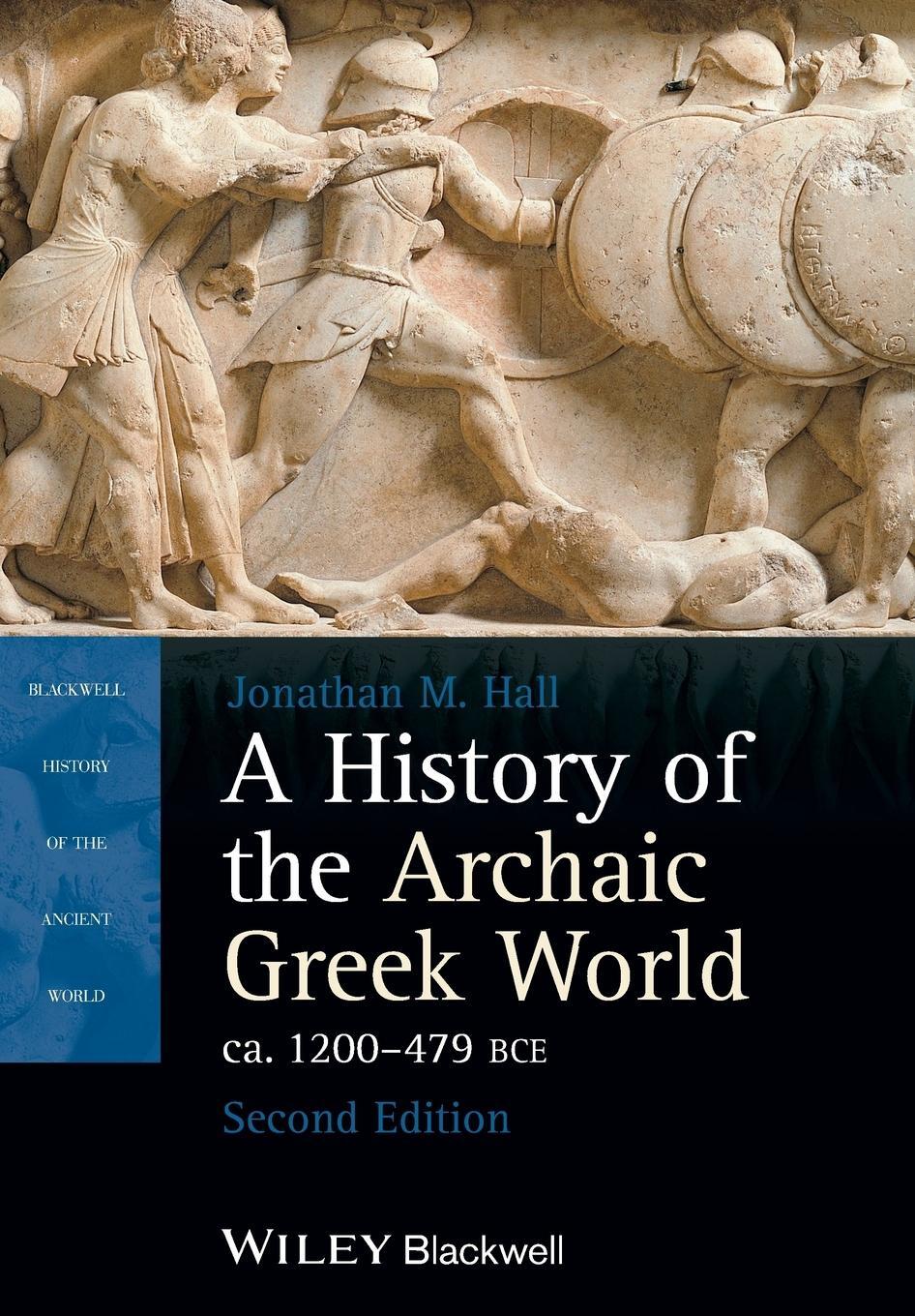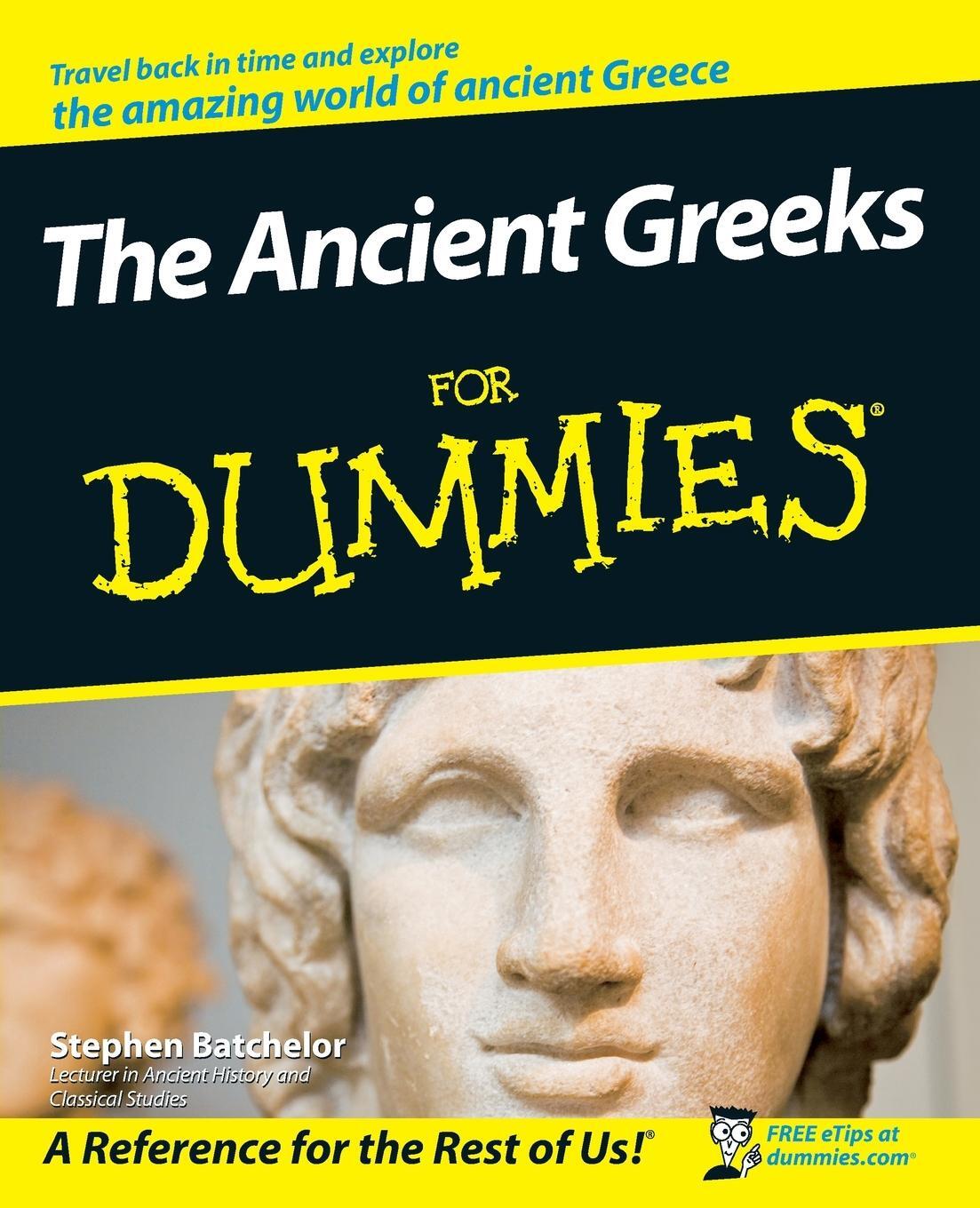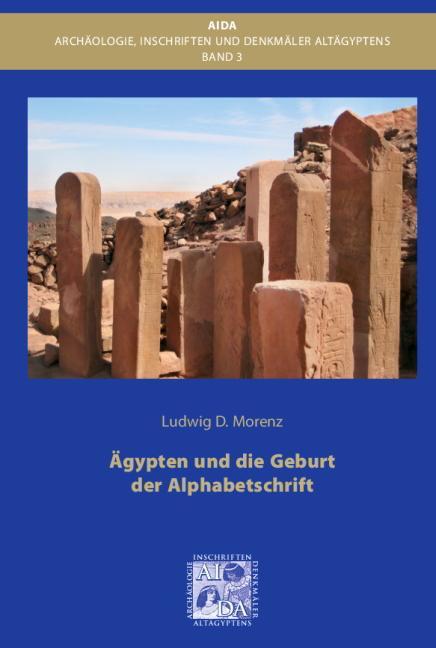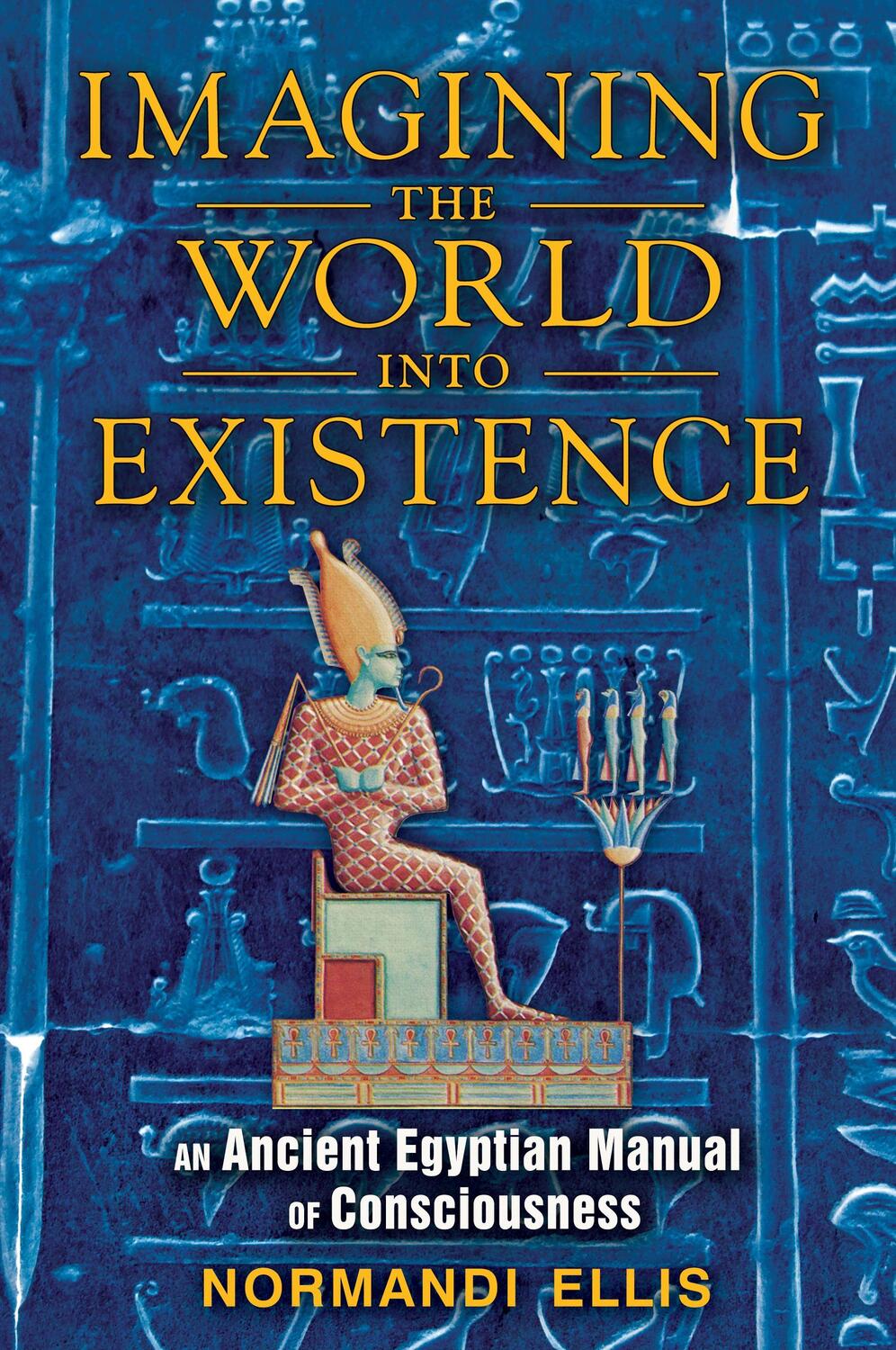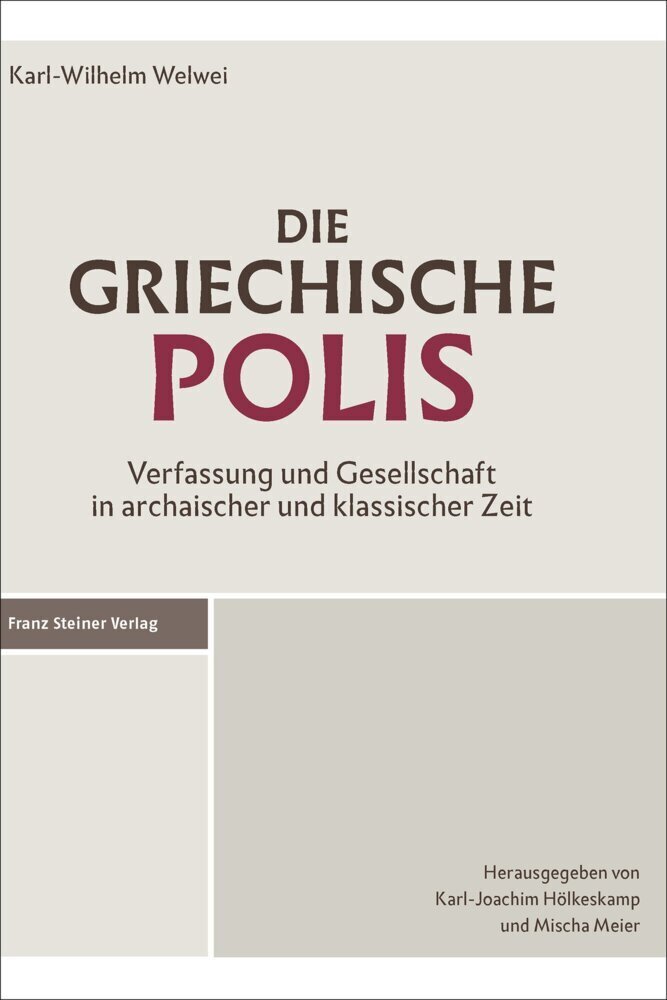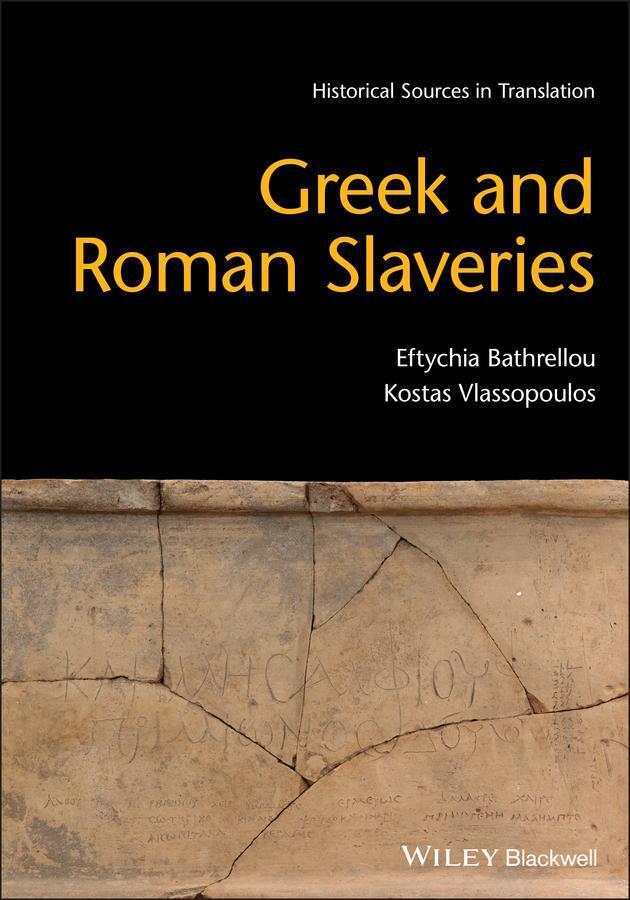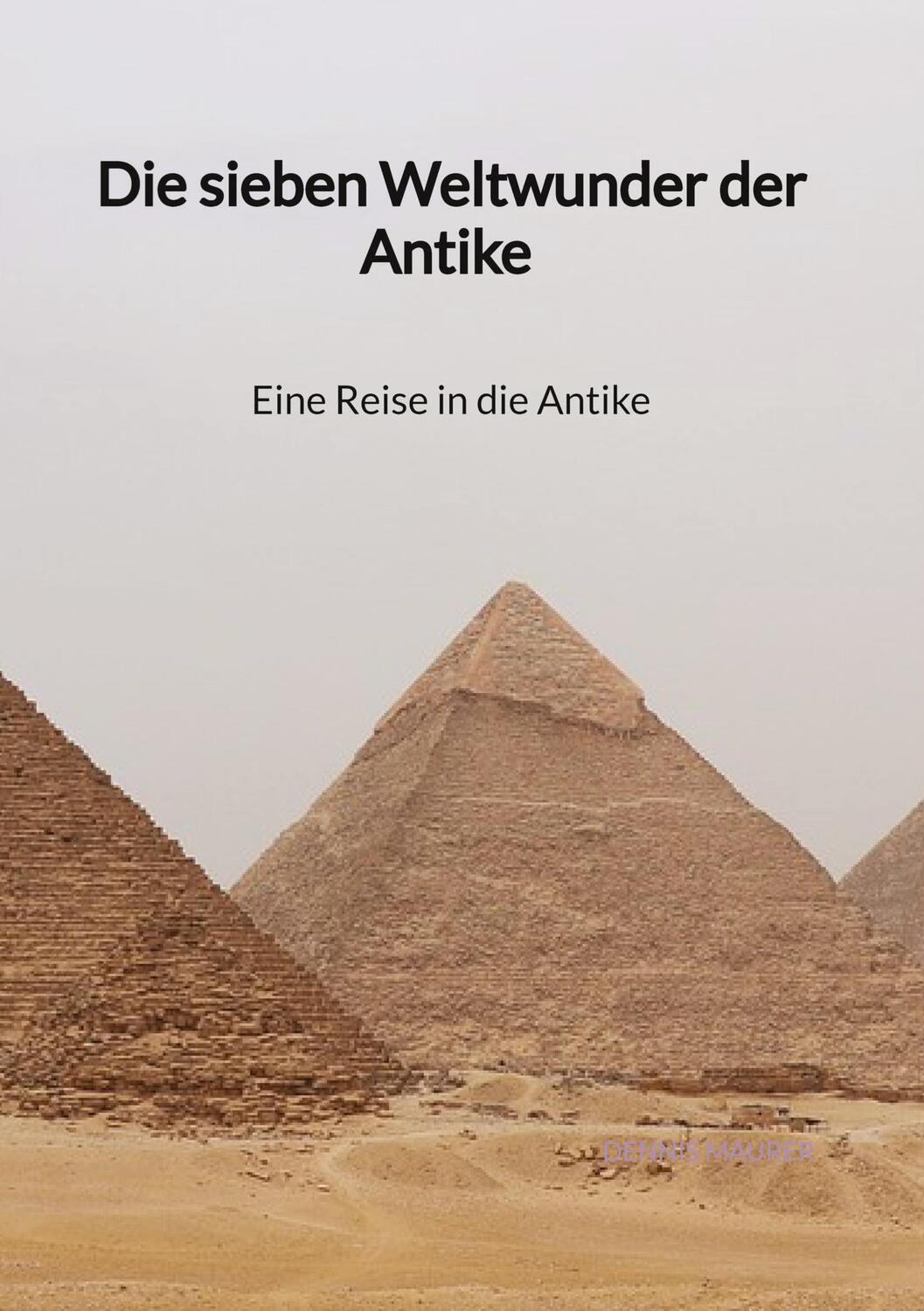57,95 €*
Versandkostenfrei per Post / DHL
Lieferzeit 1-2 Wochen
* Updated and extended in this edition to include two new sections, expanded geographical coverage, a guide to electronic resources, and more illustrations
* Takes a critical and analytical look at evidence about the history of the archaic Greek World
* Involves the reader in the practice of history by questioning and reevaluating conventional beliefs
* Casts new light on traditional themes such as the rise of the city-state, citizen militias, and the origins of egalitarianism
* Provides a wealth of archaeological evidence, in a number of different specialties, including ceramics, architecture, and mortuary studies
* Updated and extended in this edition to include two new sections, expanded geographical coverage, a guide to electronic resources, and more illustrations
* Takes a critical and analytical look at evidence about the history of the archaic Greek World
* Involves the reader in the practice of history by questioning and reevaluating conventional beliefs
* Casts new light on traditional themes such as the rise of the city-state, citizen militias, and the origins of egalitarianism
* Provides a wealth of archaeological evidence, in a number of different specialties, including ceramics, architecture, and mortuary studies
Jonathan M. Hall is the Phyllis Fay Horton Distinguished Service Professor in the Humanities and Professor in the Departments of History and Classics and the College at the University of Chicago. He is the author of Ethnic Identity in Greek Antiquity (1997), Hellenicity: Between Ethnicity and Culture (2002), and Artifact and Artifice: Classical Archaeology and the Ancient Historian (2013).
List of Figures xi
List of Documents xiii
Preface xv
Preface to the Second Edition xvii
Timeline xix
1 The Practice of History 1
The Lelantine War 1
The Lelantine War Deconstructed 4
What Is History? 8
History as Literature 11
Method and Theory 12
2 Sources, Evidence, Dates 16
Evaluating Sources 16
Dating Archaic Poets 21
Non-Literary Evidence 26
Ancient Chronography 29
Archaeological Dating 33
3 The End of the Mycenaean World and Its Aftermath 41
Mycenaean Greece 41
Gauging the Historicity of the Dorian Migration 44
Alternative Explanations 51
The Loss and Recovery of Writing 56
Whose Dark Age? 59
4 Communities of Place 68
Defining the Polis 68
The Urban Aspect of the Polis: Houses, Graves, and Walls 72
Political and Economic Functions 81
Cultic Communities 85
Polis and Ethnos 90
5 New Homes Across the Seas 96
On the Move 99
The Credibility of Colonial Foundation Stories 105
Pots and Peoples 111
A Spartan Foundation? Taras, Phalanthos, and the Partheniai 116
Hunger or Greed? 120
6 The Changing Nature of Authority 126
Charting the Genesis of the State 126
Kings or "Big-Men"? 127
The Emergence of an Aristocracy 134
Laws and Institutions 138
The Return of the "Big-Man" 144
Excursus I. A Cautionary Tale: Pheidon of Argos 154
7 Fighting for the Fatherland 165
A Hoplite Revolution? 165
Some More Equal Than Others 174
Conquest, Territory, and Exploitation 181
Excursus II. Archaeological Gaps: Attica and Crete 190
8 Defining the Political Community 200
Looking to the End 200
The Role of the Dêmos and the Great Rhetra 205
Drawing Boundaries 211
Land, Labor, and the Crisis in Attica 214
The "Second Sex" 220
Excursus III. Evaluating the Spartan Mirage 227
9 The City of Theseus 235
The End of the Tyranny 235
The Birth of Democracy? 238
The Unification of Attica 243
Theseus: Democrat or Autocrat? 251
The (A)typicality of Athens 255
10 Making a Living 260
Conceptualizing Ancient Economic Activity 260
A Peasant Economy? 262
Plying the Seas 268
The Introduction of Coinage 275
Excursus IV. The Rise of Persia and the Invasions of Greece 282
11 Imagining Greece 290
"Greek" Culture: Unity and Diversity 290
Greeks and Others: The External Dimension 293
The Emergence of Panhellenism: The Internal Dimension 301
The Invention of the Barbarian 308
12 Writing the History of Archaic Greece 312
The First Sacred War: Fact or Fiction? 312
The Limits of Narrative History 317
Dividing up Time and Space 320
Abbreviations and Glossary of Literary Sources 326
Works Cited in the Further Reading 330
Guide to Electronic Resources 339
Index 342
| Erscheinungsjahr: | 2013 |
|---|---|
| Fachbereich: | Allgemeines |
| Genre: | Geschichte |
| Rubrik: | Geisteswissenschaften |
| Thema: | Lexika |
| Medium: | Taschenbuch |
| Seiten: | 400 |
| Inhalt: | 400 S. |
| ISBN-13: | 9781118301272 |
| ISBN-10: | 1118301277 |
| Sprache: | Englisch |
| Einband: | Kartoniert / Broschiert |
| Autor: | Hall, Jonathan M. |
| Hersteller: |
John Wiley & Sons
John Wiley and Sons Ltd |
| Maße: | 244 x 170 x 21 mm |
| Von/Mit: | Jonathan M. Hall |
| Erscheinungsdatum: | 12.08.2013 |
| Gewicht: | 0,671 kg |
Jonathan M. Hall is the Phyllis Fay Horton Distinguished Service Professor in the Humanities and Professor in the Departments of History and Classics and the College at the University of Chicago. He is the author of Ethnic Identity in Greek Antiquity (1997), Hellenicity: Between Ethnicity and Culture (2002), and Artifact and Artifice: Classical Archaeology and the Ancient Historian (2013).
List of Figures xi
List of Documents xiii
Preface xv
Preface to the Second Edition xvii
Timeline xix
1 The Practice of History 1
The Lelantine War 1
The Lelantine War Deconstructed 4
What Is History? 8
History as Literature 11
Method and Theory 12
2 Sources, Evidence, Dates 16
Evaluating Sources 16
Dating Archaic Poets 21
Non-Literary Evidence 26
Ancient Chronography 29
Archaeological Dating 33
3 The End of the Mycenaean World and Its Aftermath 41
Mycenaean Greece 41
Gauging the Historicity of the Dorian Migration 44
Alternative Explanations 51
The Loss and Recovery of Writing 56
Whose Dark Age? 59
4 Communities of Place 68
Defining the Polis 68
The Urban Aspect of the Polis: Houses, Graves, and Walls 72
Political and Economic Functions 81
Cultic Communities 85
Polis and Ethnos 90
5 New Homes Across the Seas 96
On the Move 99
The Credibility of Colonial Foundation Stories 105
Pots and Peoples 111
A Spartan Foundation? Taras, Phalanthos, and the Partheniai 116
Hunger or Greed? 120
6 The Changing Nature of Authority 126
Charting the Genesis of the State 126
Kings or "Big-Men"? 127
The Emergence of an Aristocracy 134
Laws and Institutions 138
The Return of the "Big-Man" 144
Excursus I. A Cautionary Tale: Pheidon of Argos 154
7 Fighting for the Fatherland 165
A Hoplite Revolution? 165
Some More Equal Than Others 174
Conquest, Territory, and Exploitation 181
Excursus II. Archaeological Gaps: Attica and Crete 190
8 Defining the Political Community 200
Looking to the End 200
The Role of the Dêmos and the Great Rhetra 205
Drawing Boundaries 211
Land, Labor, and the Crisis in Attica 214
The "Second Sex" 220
Excursus III. Evaluating the Spartan Mirage 227
9 The City of Theseus 235
The End of the Tyranny 235
The Birth of Democracy? 238
The Unification of Attica 243
Theseus: Democrat or Autocrat? 251
The (A)typicality of Athens 255
10 Making a Living 260
Conceptualizing Ancient Economic Activity 260
A Peasant Economy? 262
Plying the Seas 268
The Introduction of Coinage 275
Excursus IV. The Rise of Persia and the Invasions of Greece 282
11 Imagining Greece 290
"Greek" Culture: Unity and Diversity 290
Greeks and Others: The External Dimension 293
The Emergence of Panhellenism: The Internal Dimension 301
The Invention of the Barbarian 308
12 Writing the History of Archaic Greece 312
The First Sacred War: Fact or Fiction? 312
The Limits of Narrative History 317
Dividing up Time and Space 320
Abbreviations and Glossary of Literary Sources 326
Works Cited in the Further Reading 330
Guide to Electronic Resources 339
Index 342
| Erscheinungsjahr: | 2013 |
|---|---|
| Fachbereich: | Allgemeines |
| Genre: | Geschichte |
| Rubrik: | Geisteswissenschaften |
| Thema: | Lexika |
| Medium: | Taschenbuch |
| Seiten: | 400 |
| Inhalt: | 400 S. |
| ISBN-13: | 9781118301272 |
| ISBN-10: | 1118301277 |
| Sprache: | Englisch |
| Einband: | Kartoniert / Broschiert |
| Autor: | Hall, Jonathan M. |
| Hersteller: |
John Wiley & Sons
John Wiley and Sons Ltd |
| Maße: | 244 x 170 x 21 mm |
| Von/Mit: | Jonathan M. Hall |
| Erscheinungsdatum: | 12.08.2013 |
| Gewicht: | 0,671 kg |

